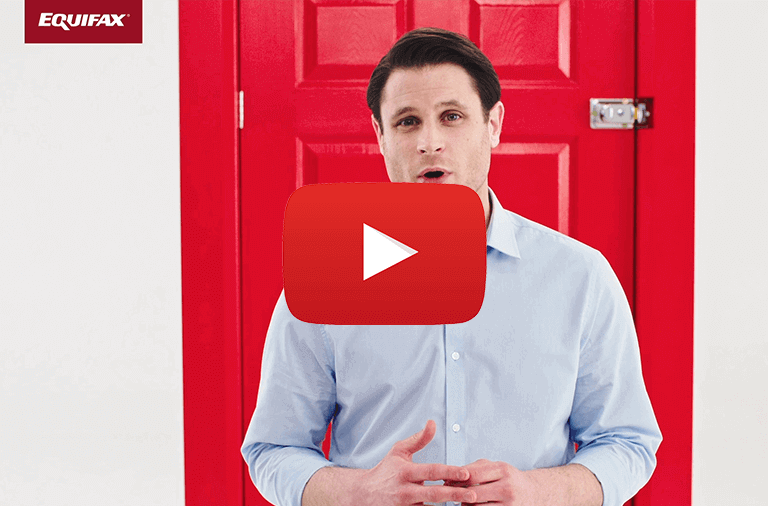What is a Charge-Off?
If you’re behind on payments for one of your credit accounts, you may be alerted that the debt has been “charged off.” Learn more here about what a charge-off may mean for your credit. [Duration - 1:36]
Highlights:
- A charge-off means a lender or creditor has written the account off as a loss, and the account is closed to future charges
- It may be sold to a debt buyer or transferred to a collection agency
- You are still legally obligated to pay the debt
If you’ve fallen behind on payments for one of your credit accounts, you may be notified – or see on your credit reports – that the debt has been “charged off.”
But what does that mean, exactly, and how can it impact credit reports and credit scores? Here are some frequently asked questions regarding charge-offs:
What does “charge-off” mean? Simply put, a charge-off means the lender or creditor has written the account off as a loss, and the account is closed to future charges. It may be sold to a debt buyer or transferred to a collection agency.
So does that mean I don’t owe the debt any longer? No. You’re still legally obligated to pay the debt. If the debt is sold to a debt buyer or transferred to a collection agency, it may appear twice on credit reports – once from the original creditor and once from the collection agency or debt buyer.
If the debt is sold or transferred, you may end up making payments directly to the collection agency or debt buyer, not the original lender.
When do charge-offs happen? It depends on the repayment terms and the type of account, but the time frame is generally between 120 and 180 days after you become delinquent. Creditors will likely first send letters or call to remind you of the past-due amount before the account is transferred to a collection agency or sold to a debt buyer.
Can my account be charged off even if I’ve been making payments? Yes, your account may be charged off if your payments haven’t met the monthly minimum and your account becomes delinquent. Your account may also be charged off if you file for bankruptcy.
How might this affect credit reports and credit scores? If the original lender and the collection agency or debt buyer reports to any of the three nationwide credit bureaus, the status of the account will be updated to a charge-off status. Because a charge-off occurs when a financial commitment hasn’t been completely satisfied, it will likely show up on credit reports along with those late or missed payments. And because credit scores are calculated using information from credit reports, your credit scores may be impacted. The charge-off will only appear on credit reports from credit bureaus the lender or creditor reports to -- some may report to only two, one or none at all.
How long will the charge-off stay on credit reports? Similar to late payments and other information on your credit reports that’s considered negative, a charged-off account will remain on credit reports up to seven years from the date of the first missed or late payment on the charged-off account.
If I pay the debt, will it remain on credit reports? Yes, though it will show as a paid charge-off or paid collection when reported as paid by the lender, the collection agency or the debt buyer. If you pay the charge-off or collection before the seven-year period is up, it remains on credit reports but may have less of a negative impact on credit scores, depending on the credit scoring model that’s used.
If you’re facing a charged-off account, consider contacting the original lender or the collection agency to see if it’s possible to negotiate a payment plan or settlement. A payment plan or settlement may also impact your credit scores, though it may have less of an impact on credit scores than a charge-off, depending on the credit scoring model.

Sign up for a credit monitoring & ID theft protection product today!
For $19.95 per month, you can know where you stand with access to your 3-bureau credit report. Sign up for Equifax CompleteTM Premier today!



